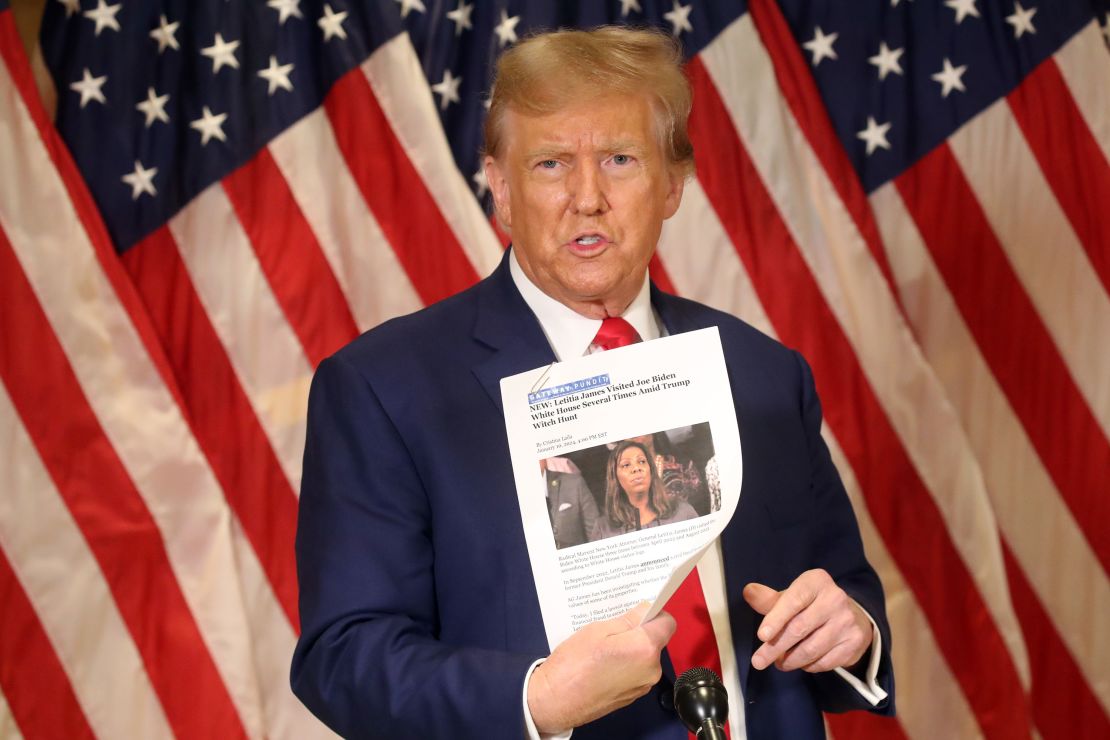
Trump-Proofing Europe: Navigating Defense Independence Amidst Geopolitical Shifts
In recent discussions within European political circles, the specter of former US President Donald Trump has re-emerged, echoing a statement he allegedly made to European Commission President Ursula von der Leyen in 2020. According to Thierry Breton, the European Union’s internal market chief, Trump conveyed that the US might not come to Europe’s aid if it were under attack.
Breton’s revelation coincided with his proposal for a €100bn fund to bolster ammunition production across the EU, a move criticized by some. European officials, facing depleted ammunition stocks across NATO member states due to support for Ukraine, now find themselves navigating a delicate time as they seek to build independent defense capabilities outside the US-led NATO alliance.
While the veracity of Trump’s statement is debated, its impact is real for European officials, stirring concerns about the unpredictability of US support. Trump’s skepticism towards traditional alliances prompted Europe to reevaluate its assumptions, realizing the need to prepare for a future where the US might not be a steadfast ally.
Europe’s efforts to “Trump-proof” itself face challenges. Despite intentions to reduce dependencies on single nations in trade and diversify supply chains, sudden policy changes, as seen during Trump’s presidency, can still pose risks. Similarly, though the EU has committed to increasing defense spending and supporting Ukraine, unraveling deep-rooted ties with the US remains a complex and time-consuming task.
Unlike dealing with hostile states like China or Russia, Europe faces a unique challenge with the US—a historical ally that poses a diplomatic quandary. Diplomatic actions against Trump must tread carefully due to his reactive nature.
If Trump were to return to the White House, European diplomats suggest maintaining composure and staying focused on gradually distancing Europe from the US, without getting entangled in immediate reactions to Trump’s statements. The challenge lies in the long process of reducing reliance on the US, a goal that may take years or even decades.
While European officials openly express their preference for Trump not returning to the White House, they recognize the time it will take to redefine their relationship with the US, understanding that the consequences of any decisions made by the most powerful person on the planet will be challenging to ignore.



